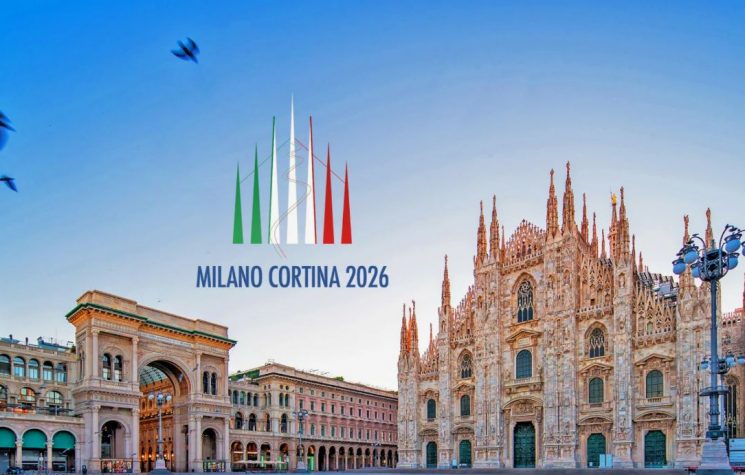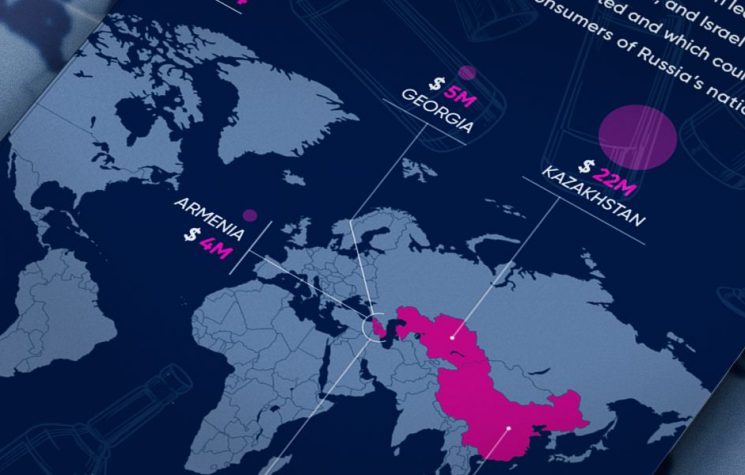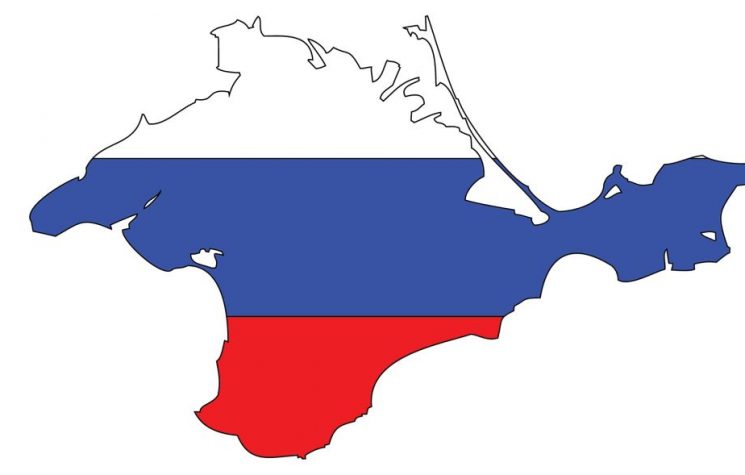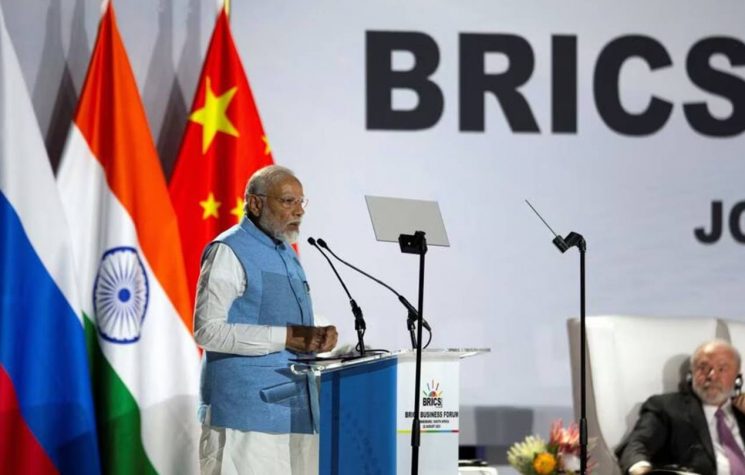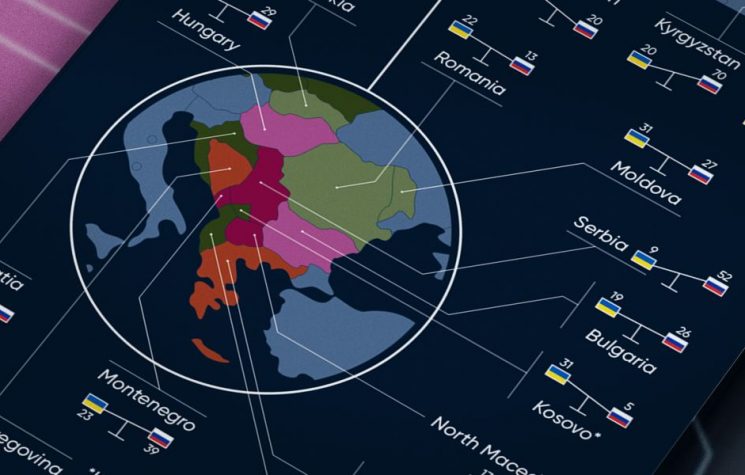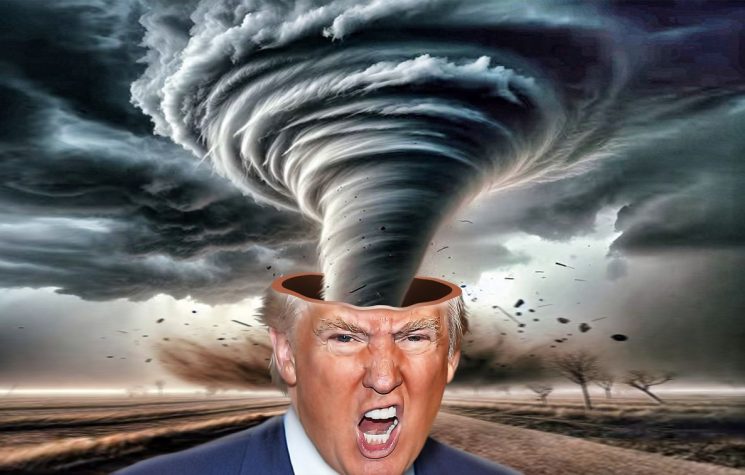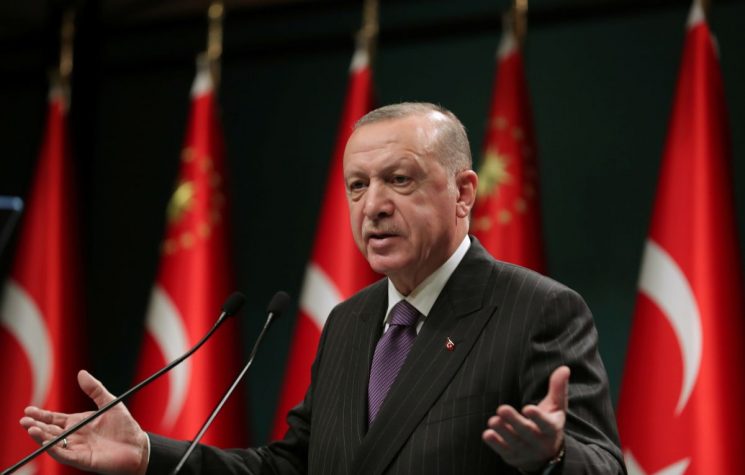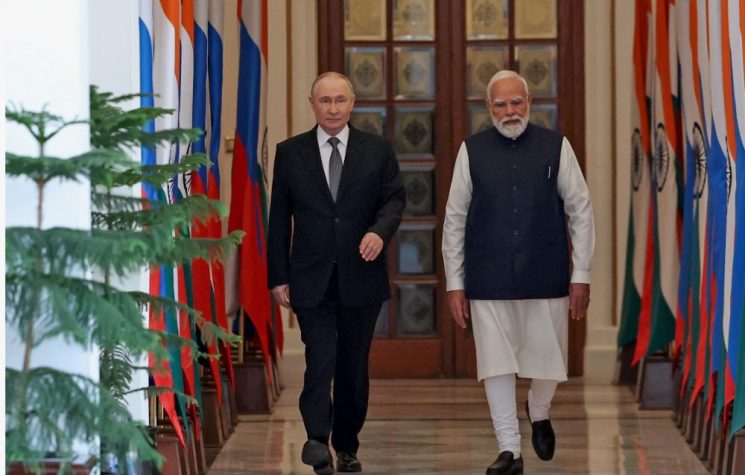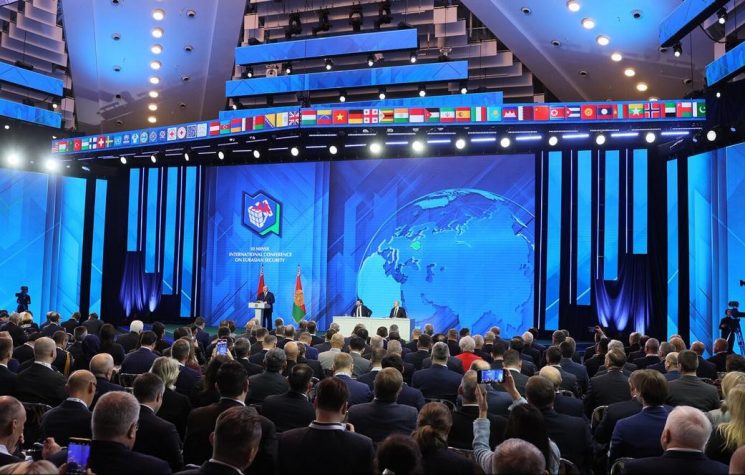Eurasia moves forward, with or without the West
Join us on Telegram![]() , Twitter
, Twitter![]() , and VK
, and VK![]() .
.
Contact us: info@strategic-culture.su
There is an air of change at the 3rd Minsk International Conference on Eurasian Security, held on October 28 and 29, 2025, in the capital of the Republic of Belarus. This is a key event for defining the strategic routes of continental security, as well as for dictating the shared doctrine that Eurasian countries are developing for the construction of a shared, prosperous, and successful future.
The event was inaugurated with a powerful ceremony, presided over by a surprise guest, President Alexander Lukashenko. His speech, detailed and deeply felt by the participants, focused on the definition of ‘us’, understood as the countries of multipolar Eurasia, an expression that was repeated several times with great vigor.
The Conference represents a decisive step forward and a point of no return from a world characterized by certain elements that Lukashenko strongly emphasized: the hegemony of the dollar, which is now a mirage and a memory of the past; the logic of endless war, in which Eurasia does not want to participate; the old rules-based order, which has proven to be a failure and no longer has any reason to be supported by anyone. The ‘old world’, in fact, has nothing more to offer.
What Eurasia has ahead of it, on the other hand, is much more interesting and profitable. The first point is the construction of a conflict-free system, i.e., the need to transform international relations, which until now have been based on a model of military deterrence, into a model of integrated cooperation that is sufficiently strong and stable so as not to have to resort to any form of threat, deterrence, or strategic soft power. This peaceful cooperation is essential, Lukashenko said, because without peace as the foundation of relations, there can be no future, whereas the collective West threatens global peace in the name of a false peace that is, in truth, a desperate attempt to maintain its declining hegemony as the dominant model.
It is also important to strengthen cooperation in terms of technology and resources. Lukashenko specified, giving some successful examples from the last three years, that Eurasia has historically always grown thanks to the mixing and exchange of technologies and resources, where technology is a vector of collective development. There are Eurasian areas that need joint support, and this is necessary to consolidate the stability of all partners, not just the individual countries involved. This logic of unity allows for protected and guaranteed development.
Moreover, as Lukashenko said, Eurasia is now the global majority, both in terms of GDP and demographics, and with the Global South we are also talking about the numerical majority of existing states. This means that the West should no longer be seen as the part of the world to turn to in order to beg for something that is lacking, but rather the opposite: today, Eurasia is a trendsetter and leads global development in terms of politics, economics, security, science, and technology. Awareness of this is essential in order not to repeat the mistakes of the past, which, as the Belarusian president has reiterated, are often still present at the borders of Europe, where some Eurasian countries look to Europe expecting something from it. Herein lies one of the biggest mistakes: the West has nothing more to offer, or rather, the West continues to demonstrate that it really has nothing left. The US, for example, has made many promises, spending rivers of words that have not been followed by concrete actions. Lacking action, the West has disqualified itself.
In terms of migration flows, Lukashenko noted that many Western media outlets are attacking Belarus, Russia, and other Eurasian countries, trying to confuse the understanding of reality. The point is that immigration is a master-servant phenomenon, so we need to look at who the ‘masters’ are, and they are to be found precisely in the West, the West that for centuries has deported, segregated, exterminated and made the rhetoric of immigration ideology a central part of its globalism, and is now paying the consequences. Immigration has become an instrument of power to destabilize entire countries. Eurasian migration management, on the other hand, provides for cultural integration and a temporary status defined by political plans, not uncontrolled and culturally conflictual immigration. This is the key difference.
On strategic matters, Lukashenko has strongly reiterated that the West is continuing to exert pressure on the borders, but this is a practice that has been going on for decades, certainly not since the beginning of the Russian SMO. What is certain is that none of the Eurasian countries want war, preferring dialogue and rationality to the arrogance and bullying of the West. The conflict in Ukraine itself is proof of the deafness and blindness of the West, which caused the Minsk 1 and Minsk 2 agreements to fail, proving that it was in the wrong and now promoting aggression towards the entire East. War guarantees nothing good, Lukashenko reiterated, neither for those who wage it nor for those who suffer it, and it will certainly not bring any success to Western countries.
European war is near
The EU’s war against Russia is a reality, not imagination. This was the focus of the words spoken by Russian Foreign Minister Sergei Lavrov, the second major speaker at the forum.
The distance between “us” and “them” has become so great that there is almost no room left for formal dialogue, and this makes us understand that the West is the devil and Russia, together with all of Eurasia, wants to fight these demonic powers. The role of Eurasia, Lavrov said, is to ensure global stability and to change the order of things, ensuring that the Western system is neutralized and can no longer destabilize the entire world for its own interests.
He therefore proposed thinking in terms of a non-model bloc, leaving aside the concept of blocs adopted in the initial phase of contemporary multipolarism and moving towards the definition of ‘poles’ as autonomous, independent, interactive entities within a multi-nodal network of cooperation that he called the Great Eurasian Cooperation, a model that is historically grounded and has already been tested at length, producing, as its first evident result, the current reality of Eurasia as an existing and functioning multipolar form, indeed the one in which the very theory of multipolarity was born.
The new continental leaderships, therefore, will have to consider not only their own individual autonomy, but also the interaction of the new civilizational states and their cohesion as a necessity for the common good of the whole world. The West, Lavrov explained, has offered nothing good to the world except its own imperialism and the imposition of cultural models, unbalanced currencies, and unhealthy values that have become the very poison of the West. Now that the East is rising and bringing the whole world together in friendship, it is clear that the entire way of understanding the world must change. And now is the time.
Similar statements were also made by other distinguished speakers at the plenary session: Hungarian Foreign Minister Peter Szijjarto, North Korean Foreign Minister Choe Son-hui, Myanmar Foreign Minister U Than Swe, China’s Special Representative for Eurasian Affairs Sun Linjiang, CSTO Secretary General Imangali Tasmagambetov, SCO Secretary General Nurlan Yermekbayev, CICA Secretary General Kairat Sarybay, Iranian Deputy Foreign Minister Saeed Khatibzadeh, Indian Foreign Secretary Sibi George, Tajikistan Deputy Foreign Minister Farrukh Sharifzoda, CIS Deputy Secretary General Nurlan Seytimov, renowned economist Sergei Galzyev, President of Republika Srpska Mihorad Dodik, and Director of the Centre for Foreign Policy Studies and International Initiatives at the Uzbekistan Ministry of Foreign Affairs Sanjar Valiev.
All agreed that military security is a contingent prerogative, but it must not become the reason for Eurasian integration: it must occur as a natural consequence of a thousand years of proximity and interaction between peoples and cultures, which finally finds reason to become political – and geopolitical – in an increasingly multipolar world.






















